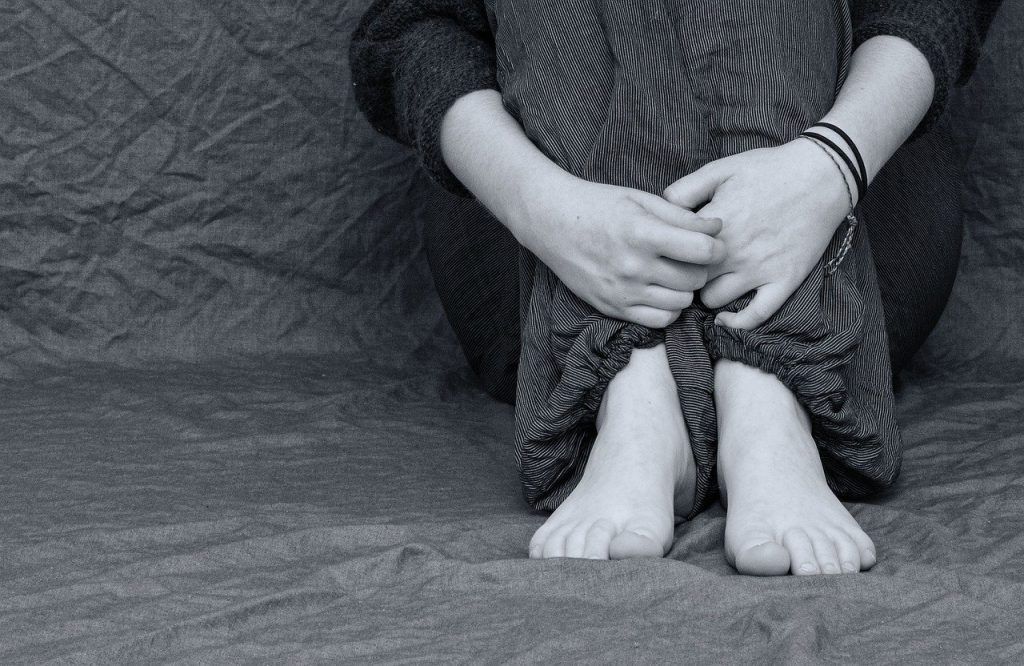On 28 June 2022, the European Commission adopted its evaluation of the Victims’ Rights Directive. The evaluation is one of the Commission’s key actions set out in the EU Strategy on Victims’ Rights (2020 – 2025). It was informed by a support study and data collection that included a public consultation.
The evaluation shows that over the past ten years, the Victims’ Rights Directive has greatly contributed to improving the lives of victims across the EU. It has enhanced victims’ safety and reduced the risk of negatives effect from the participation in criminal proceedings and from the contacts with the offender.
However, the evaluation also points that there are still situation where not all victims can fully rely on their rights due to a lack of clarity and precision in the drafting of some of the rights in the Directive. In particular, shortcomings were identified in relation to victims’ access to information, victims’ access to support services and to protection in accordance with each victim individual needs. Victims should be able to take more active role in the criminal proceedings and have easier access to compensation – so they can see that justice is done for them.
The Commission will continue working on strengthening victims’ rights and plans to propose a revision of the Victims’ Rights Directive in 2023.
Open public consultation on the impact assessment for the revision of the Victims’ Rights Directive
The Commission conducted a consultation to gather the views of the public on possible policy options within the context of the impact assessment for the revision of the Victims’ Rights Directive. The revision of the Victims’ Rights Directive is part of the EU Strategy on Victims’ Rights (2020 – 2025).
This consultation was directed towards all stakeholders and citizens with an interest in this topic. It lasted from 8 March to 31 May 2022: Open public consultation on the impact assessment for the revision of the Victims’ Rights Directive.
Victims’ rights in the EU
The Victims’ Rights Directive establishes minimum standards on the rights, support and protection of victims of crime and ensures that persons who have fallen victim to crime are recognised and treated with respect. They must also receive proper protection, support and access to justice.
The Directive considerably strengthens the rights of victims and their family members to information, support and protection. It further strengthens the victims’ procedural rights in criminal proceedings. The Directive also requires that EU countries ensure appropriate training on victims’ needs for those officials who are likely to come into contact with victims.
EU countries had to implement the provisions of the Directive into their national laws by 16 November 2015. In 2013, the European Commission issued a guidance document to assist EU countries in this process.
On 11 May 2020, the European Commission adopted a report on the implementation of the Victims’ Rights Directive. The report assesses the extent to which Member States have taken the necessary measures to comply with its provisions.
For certain groups of victims, the EU adopted specific rules. These rules build on the Victims’ Rights Directive but respond more directly to the specific needs of some victims. The EU legislation exists to provide protection and support for
- victims of human trafficking,
- child victims of sexual exploitation and child pornography
- victims of terrorism.
In order to assist the national authorities in implementation of the EU rules on victims’ rights, the European Commission set up the EU Centre of Expertise for Victims of Terrorism. The EU Centre offers expertise, training, guidance and support to national authorities and to victim support organisations.
More information: European Commission









Leave a Reply